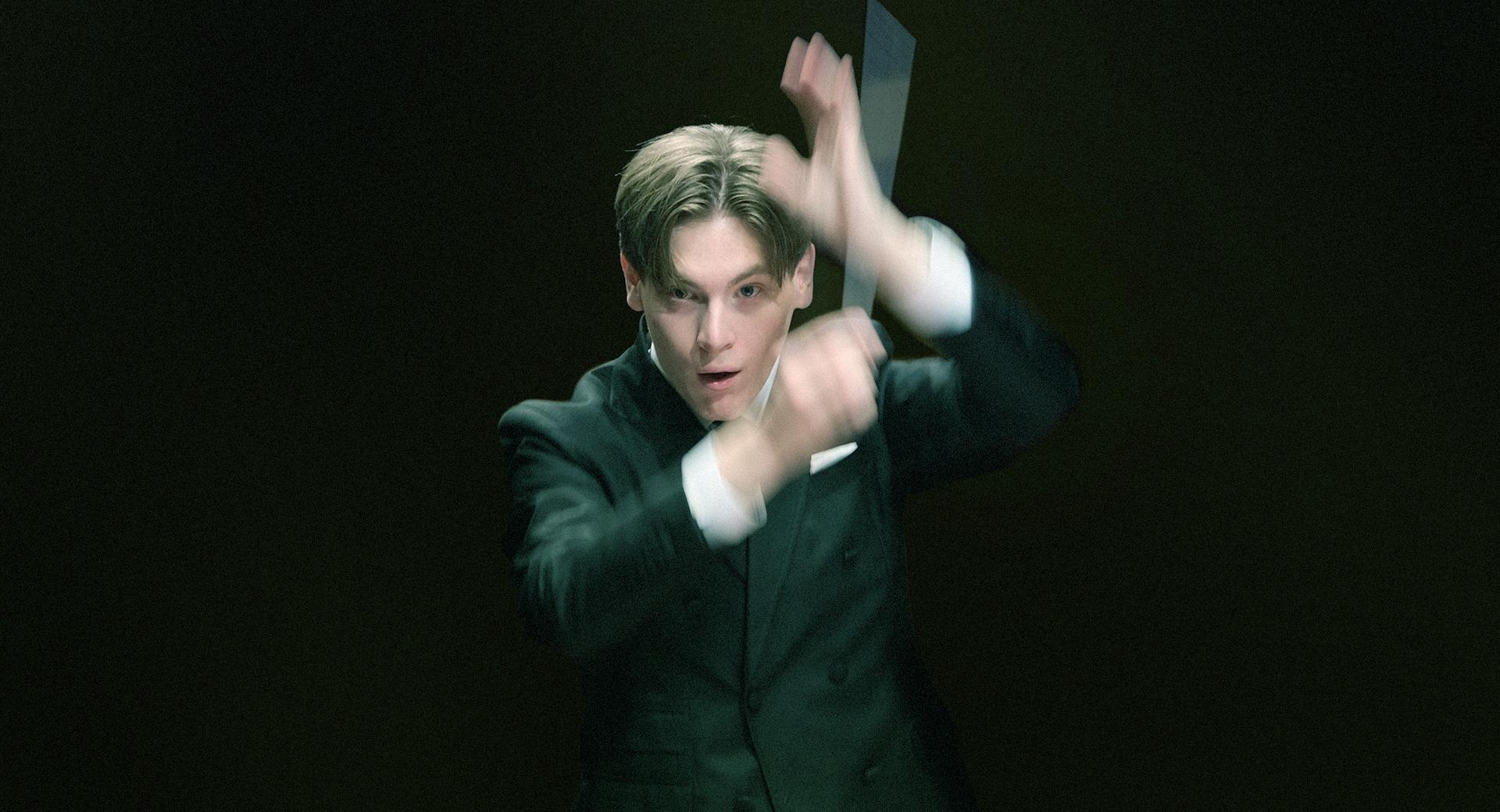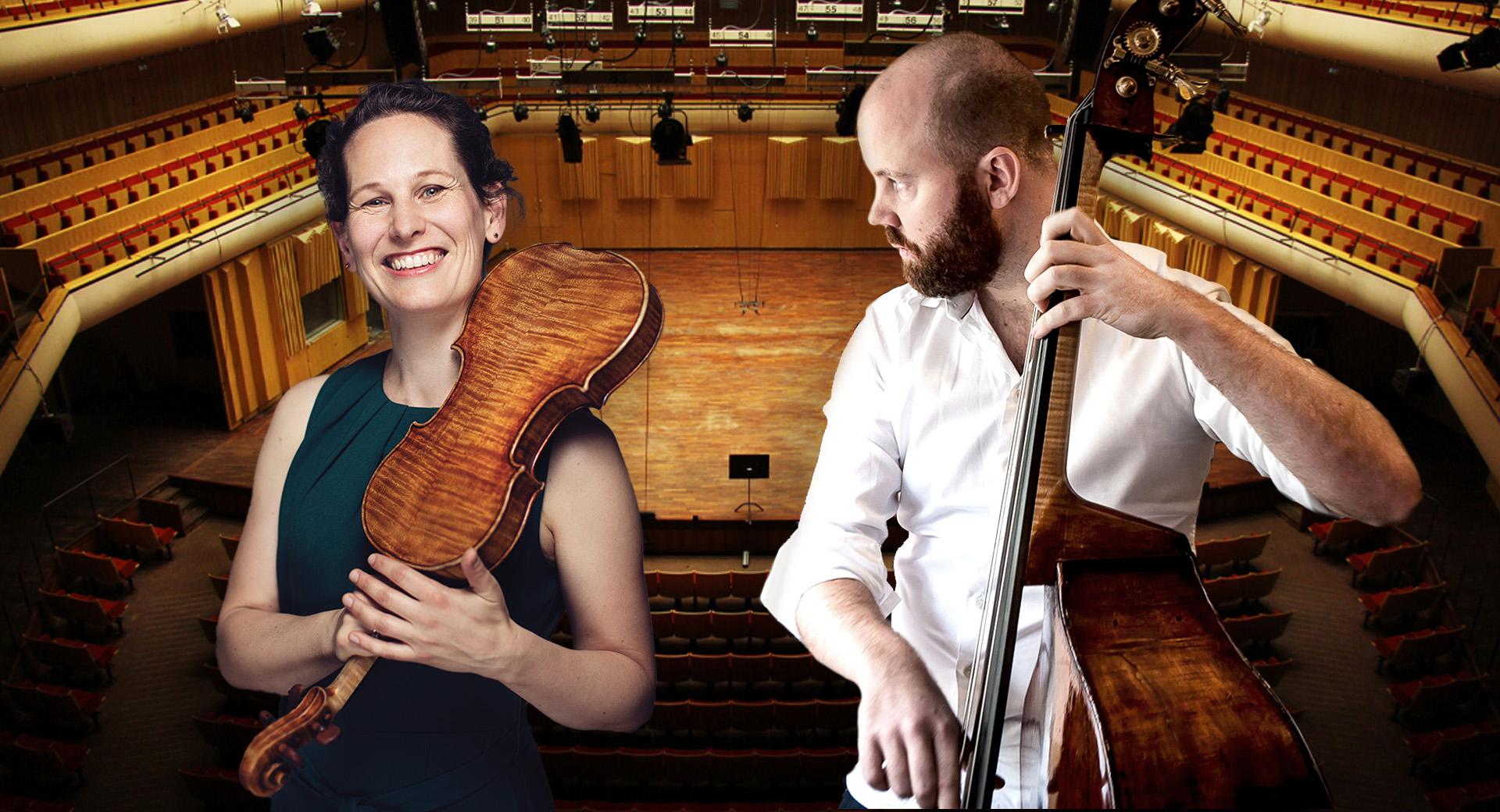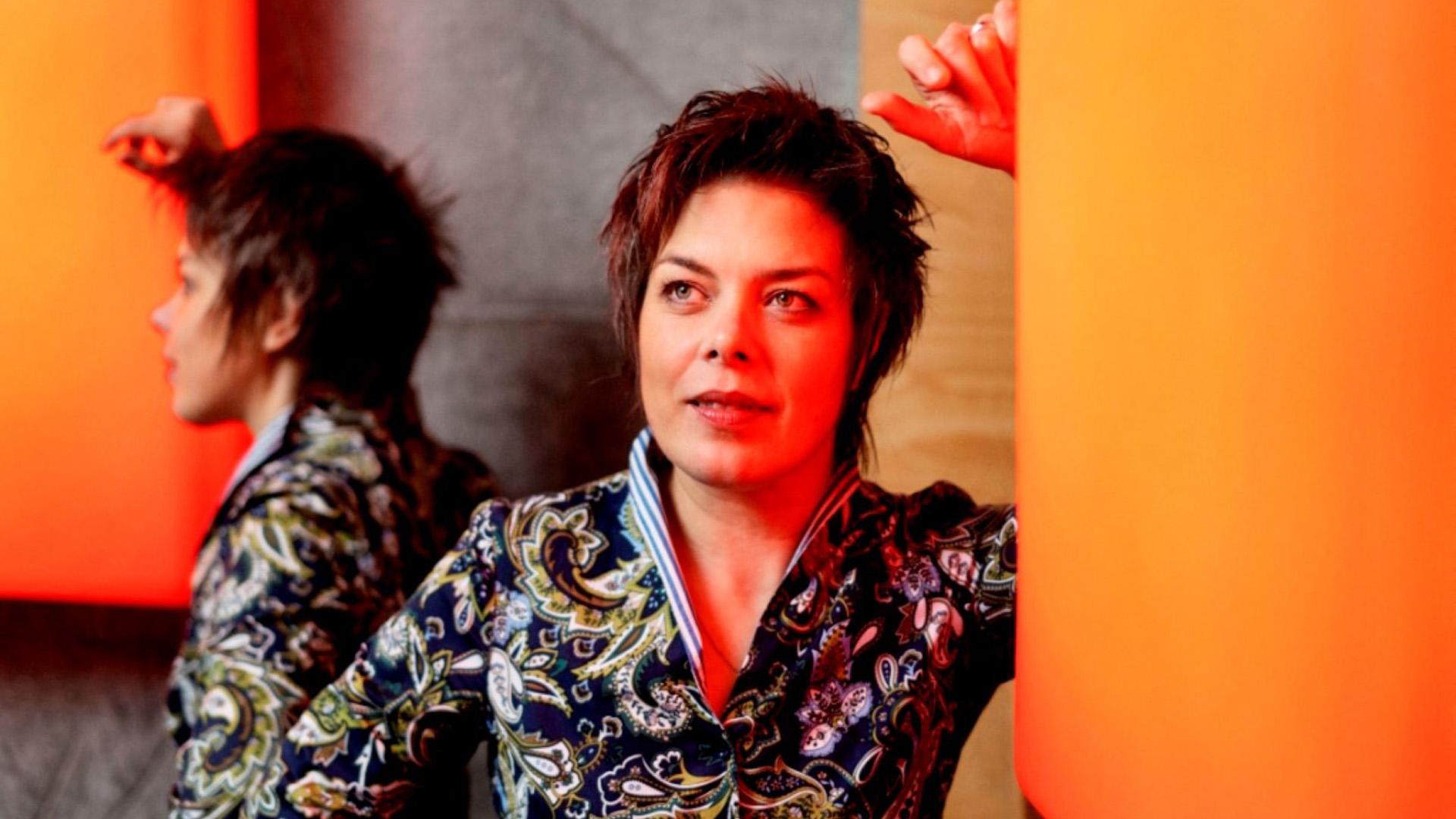Mäkelä & Mattei
From Bach’s baroque universe to Stravinsky’s cosmos. Principal Guest Conductor Klaus Mäkelä leads the Swedish Radio Symphony Orchestra, world-renowned baritone Peter Mattei, and legendary cellist Miklós Perényi in a magnificent concert with music that spans centuries. In addition, the Swedish Radio Choir performs Bach’s marvellously beautiful Nach dir, Herr, verlanget mich.
This production is part of one or more concert series.

There is a struggle between good and evil in Russian folk tale The Firebird. With the magical bird by his side, Prince Ivan manages to rescue twelve princesses from an evil wizard, helped by dance and song. The firebird is the Russian equivalent of the Phoenix of Greek mythology, and similarly symbolises rebirth and hope, something that we need now more than ever.
When Igor Stravinsky, aged only 27, was asked by Sergei Diaghilev, who ran the Ballets Russes in Paris, to compose the ballet music for The Firebird, many prominent Russian composers had either declined the offer, or tried and failed. In spite of his lack of experience, Stravinsky bravely took on the task. He composed a complex and driven piece that saw great success at the premiere, choreographed by Michel Fokine, in May, 1910. Over the following years, Stravinsky and Diaghilev collaborated intensely, and the result, three years later, was modernist dance drama The Rite of Spring.
The equally dreamy and dramatic tone of The Firebird can also be found in one of the world’s most played cello pieces, Tout un monde lointain by Henri Dutilleux. The sublime tone of the cello against an enigmatic orchestral sound takes us to a world far away, one that exists beyond reality, perhaps the world we yearn for. The five movements for cello and orchestra are inspired by texts from Charles Baudelaire’s poetry in Les Fleurs du mal.
Dutilleux worked on Tout un monde between 1967 and 1970, and created the cello part with Russian cellist Mstislav Rostropovich, to whom he also dedicated the piece. In the Swedish Radio concert hall Berwaldhallen, Hungarian world-class cellist Miklós Perényi is the soloist.
Johann Sebastian Bach’s cantata 150 also expresses yearning for something higher. Using hymn Nach dir, Herrn, verlanget mich (I yearn for you, my Lord), which is about suffering on Earth, and the hope of salvation through God, as a starting point, Bach composed a cantata of seven movements for a four-part choir and baroque ensemble. It’s likely that the 15-minute piece saw the light of day when Bach was working in Arnstadt in 1707, and much points to it being the very first church cantata he ever composed. Solo cantata Ich habe genug was written twenty years later, for Candlemas, 1727. The piece, comprising five movements, was written for bass voice, oboe, two violins, viola, and basso continuo. The lamenting upward movements of the oboe are interwoven with those of the bass soloist in this melancholic piece, which Bach himself was so fond of that he created several versions of it. In one arrangement for a soprano soloist, which he completed in 1731, the oboe has been replaced by a flute part.
The soloist at the Swedish Radio concert hall Berwaldhallen is Peter Mattei, who, apart from having toured around the world with the big opera parts, also feels at home with Bach. For instance, he gave a celebrated performance of the Matthew Passion at the Baltic Sea Festival in 2019.
Anna Hedelius



